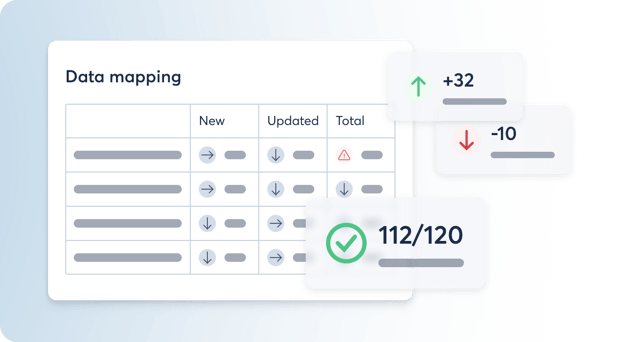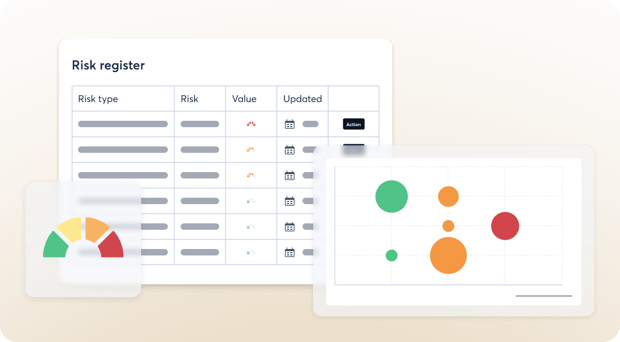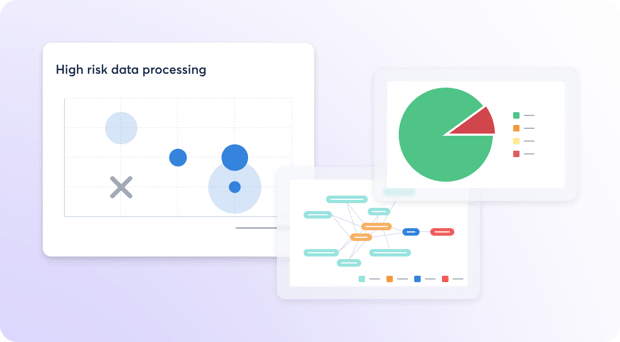DPOrganizer is
part of DataGuard
Together, we’re bringing you even stronger security and compliance solutions. Your platform and support will continue as usual — no action required.

Together, we’re bringing you even stronger security and compliance solutions. Your platform and support will continue as usual — no action required.


Map all data subject categories, assets, and processes—plus full RoPA records—in one place. Any update is mirrored across your system.

Spot gaps and monitor high-risk data processing with your dashboard. Act early to reduce exposure and safeguard data.

Easily move from spreadsheets, CSV files, or other tools. We handle every detail so your team can focus on their priorities.

Create comprehensive, visual reports in just a few clicks. Share audit-ready outputs with internal and external teams.

TISAX® is a registered trademark of the ENX Association. DataGuard is not affiliated with the ENX Association. We provide Software-as-a-Service and support for the assessment on TISAX® only. The ENX Association does not take any responsibility for any content shown on DataGuard's website.
All data provided is for information only, based on internal estimates. This information is not indicative of KPIs, and is not given with any warranties or guarantees, expressly stated or implied in relation to accuracy and reliability.